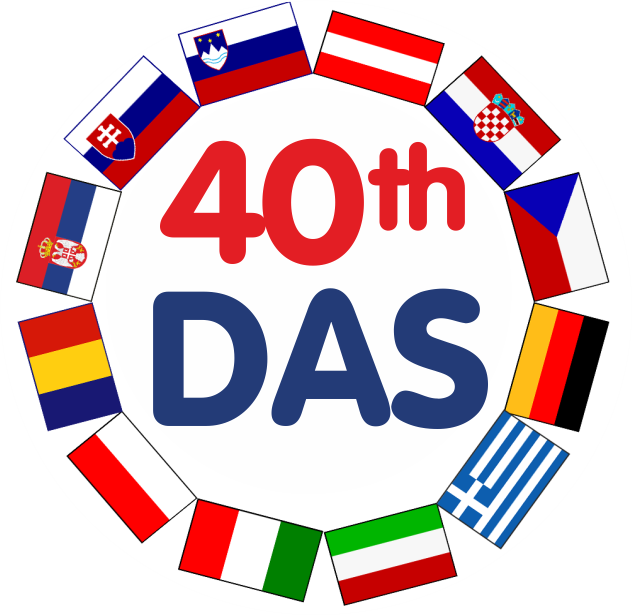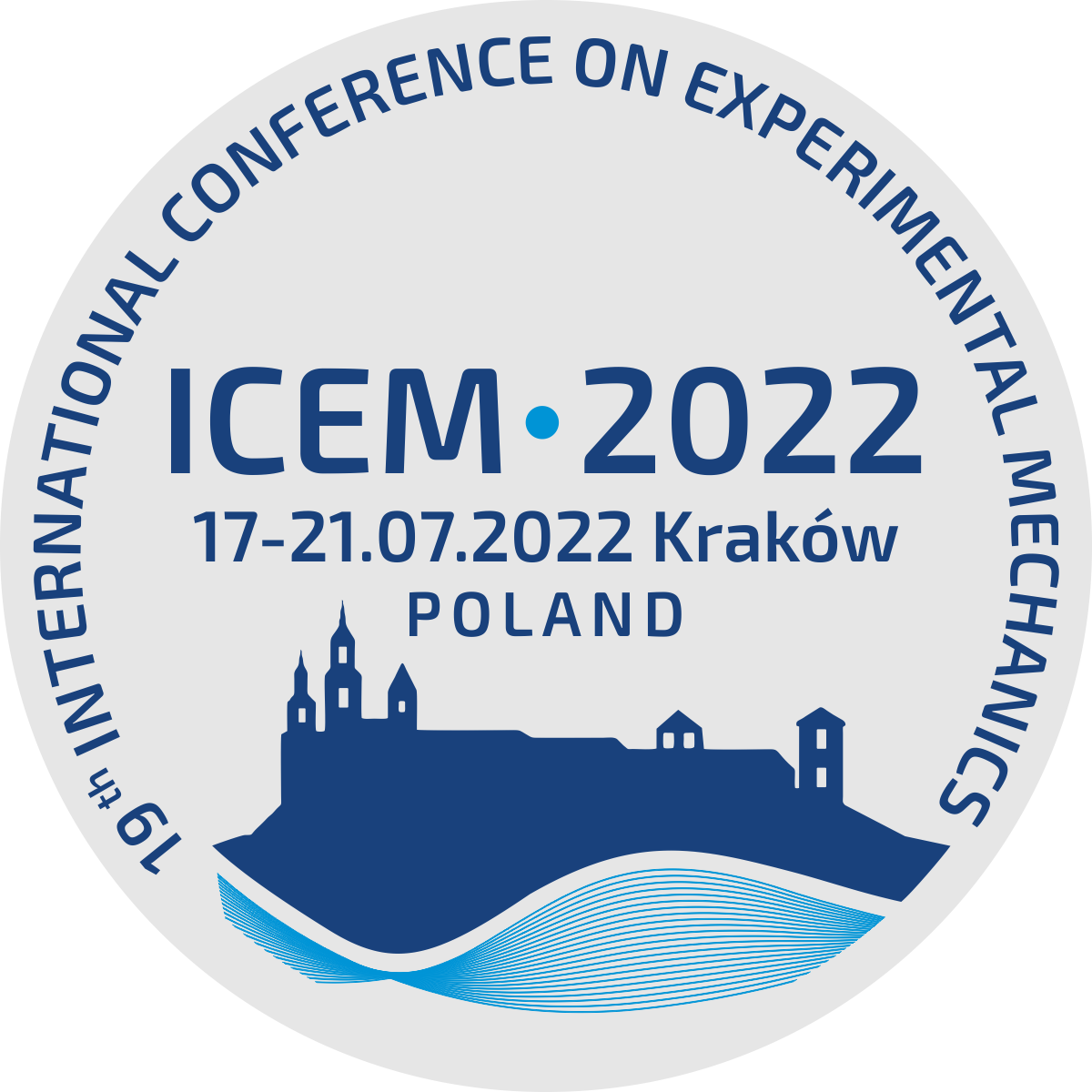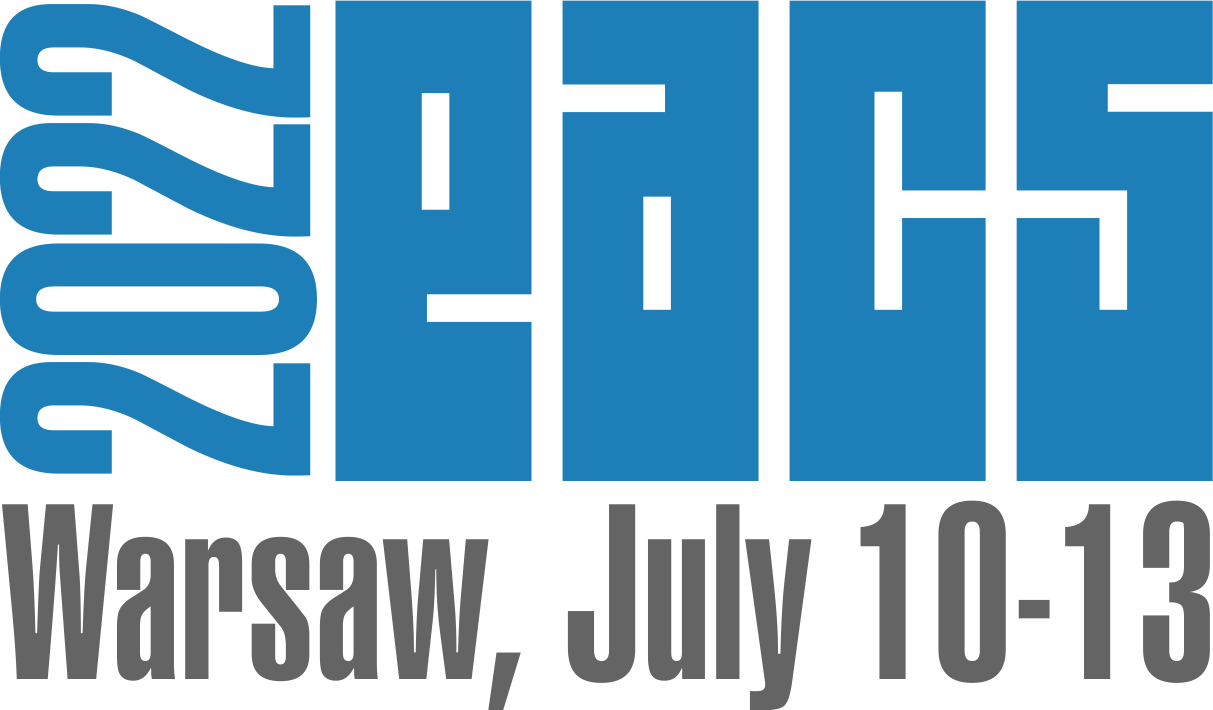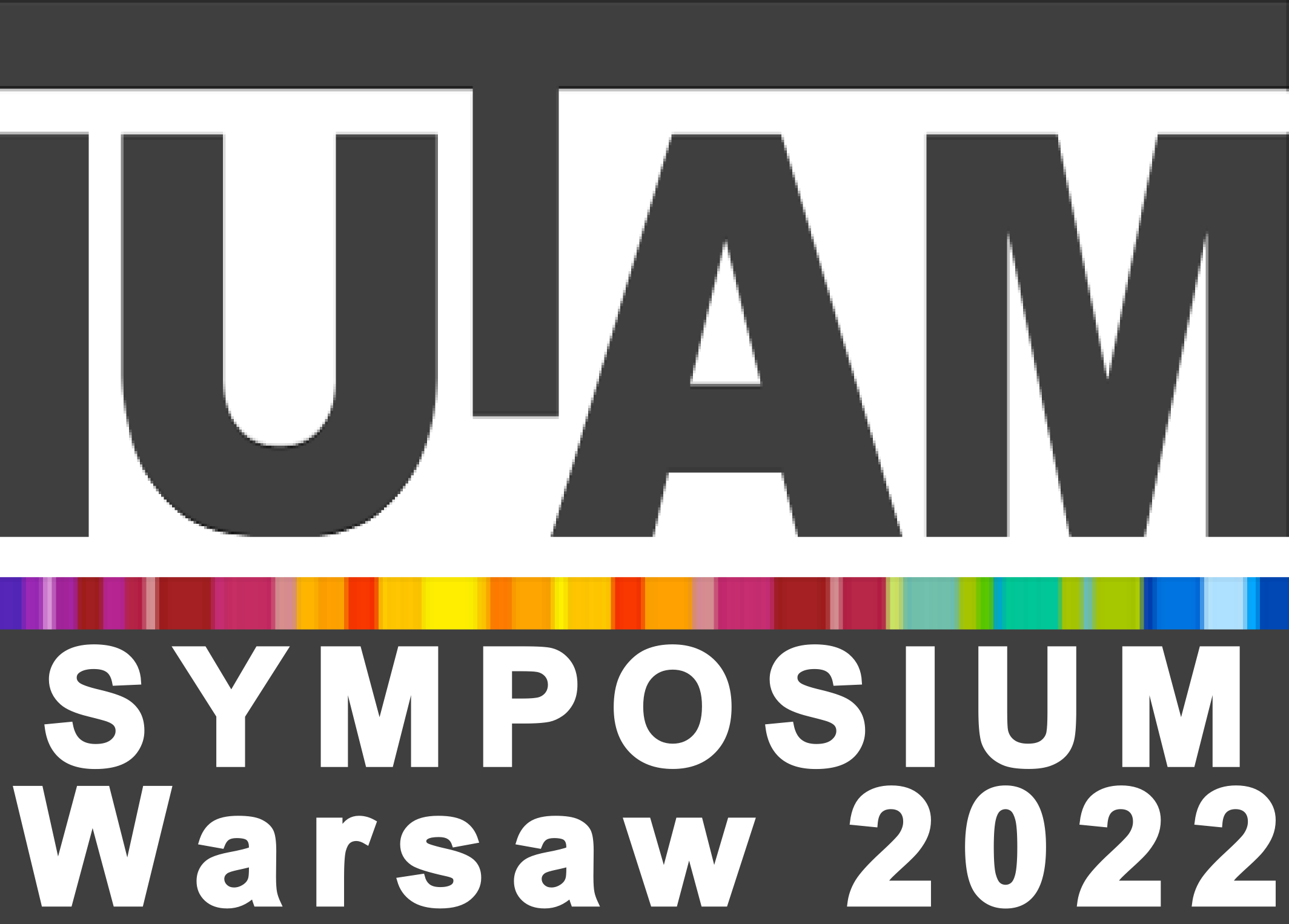| 1. |
Shah S. A., Muhammad S.♦, Shujaat Ali K.♦, Mubeen K.♦, Improved drug delivery and accelerated diabetic wound healing by chondroitin sulfate grafted alginate-based thermoreversible hydrogels,
Materials Science and Engineering C, ISSN: 0928-4931, DOI: 10.1016/j.msec.2021.112169, Vol.126, pp.1-17, 2021 Abstract:
Injectable hydrogels with multifunctional tunable properties comprising biocompatibility, anti-oxidative, anti-bacterial, and/or anti-infection are highly preferred to efficiently promote diabetic wound repair and its development remains a challenge. In this study, we report chondroitin sulphate (CS) and sodium alginate (SA)-based injectable hydrogel using solvent casting method loaded with curcumin that could potentiate reepithelization, increase angiogenesis, and collagen deposition at wound microenvironment to endorse healing cascade. The physical interaction and self-assembly of chondroitin sulfate grafted alginate (CS-Alg-g-PF127) hydrogel were confirmed using nuclear magnetic resonance (1H NMR) and Fourier transformed infrared spectroscopy (FT-IR), and cytocompatibility was confirmed by fibroblast viability assay. The Masson's trichrome (MT) and hematoxylin and eosin (H&E) results revealed that blank chondroitin sulfate grafted alginate (CS-Alg-g-PF127) and CUR loaded CS-Alg-g-PF127 hydrogel had promising tissue regenerative ability, and showing enhanced wound healing compared to other treatment groups. The controlled release of CUR from injectable hydrogel was evaluated by drug release studies and pharmacokinetic profile (PK) using high-performance liquid chromatography (HPLC) that exhibited the mean residence time (MRT) and area under the curve (AUC) was increased up to 16.18 h and 203.64 ± 30.1 μg/mL*h, respectively. Cytotoxicity analysis of the injectable hydrogels using 3 T3-L1 fibroblasts cells and in vivo toxicity evaluated by subcutaneous injection for 24 h followed by histological examination, confirmed good biocompatibility of CUR loaded CS-Alg-g-PF127 hydrogel. Interestingly, the results of in vivo wound healing by injectable hydrogel showed the upregulation of fibroblasts-like cells, collagen deposition, and differentiated keratinocytes stimulating dermo-epidermal junction, which might endorse that they are potential candidates for excisional wound healing models. Keywords:
Injectable hydrogels,Diabetic wound healing,Biobased thermoresponsive hydrogel,Controlled delivery,Biodegradable hydrogel Affiliations:
| Shah S. A. | - | IPPT PAN | | Muhammad S. | - | other affiliation | | Shujaat Ali K. | - | other affiliation | | Mubeen K. | - | other affiliation |
|  |



















